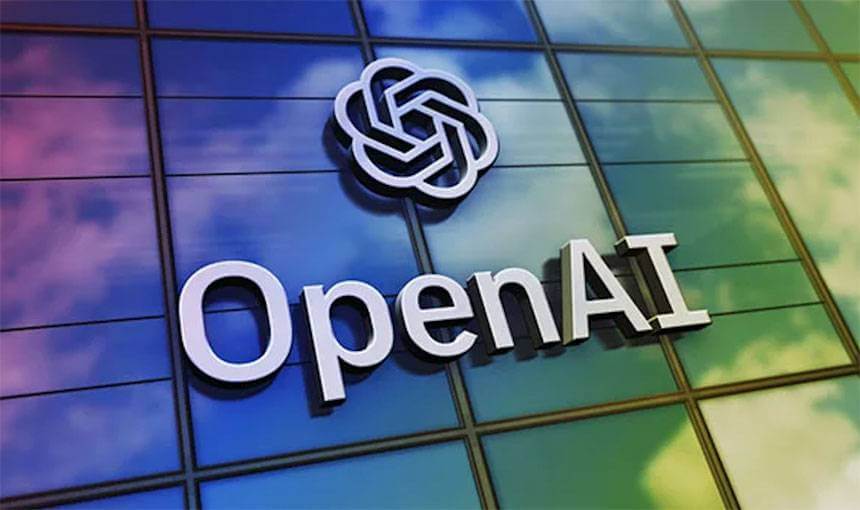OpenAI's journey toward a sustainable and impactful future has taken a significant turn, marked by a complex interplay of profit motives, philanthropic aspirations, and the guiding hand of experienced leaders. As the company navigates its transition from a research lab with a non-profit structure to a public benefit corporation (PBC) under the oversight of its non-profit parent, it is leaning on experts like Dolores Huerta, the prominent labor leader and civil rights activist, to help steer its philanthropic efforts.
Initially founded in 2015 as a non-profit artificial intelligence research laboratory, OpenAI aimed to develop AI that benefits humanity. However, the realities of competing in the rapidly evolving AI landscape, coupled with the need for substantial capital to fuel research and development, prompted a shift toward a structure that could attract greater investment. This transition involved the creation of a for-profit arm, a move that has not been without scrutiny and has raised complex questions about maintaining the original mission.
To address these concerns, OpenAI has taken steps to ensure that its pursuit of profit does not overshadow its commitment to societal good. One key action was the formation of a temporary advisory board comprising individuals with deep experience in philanthropy, labor advocacy, and public service. Dolores Huerta, who at 95 years old remains a powerful voice for social justice, stands out as a particularly influential member of this commission. Huerta, alongside Monica Lozano, Robert Ross, and Jack Oliver, was tasked with providing recommendations for OpenAI's philanthropic endeavors, focusing on how the company can leverage AI to address critical societal challenges.
The advisory board's role is to provide guidance on how OpenAI's non-profit arm can best deploy its resources to tackle urgent and intractable problems faced by non-profits, with a particular focus on communities in California, where OpenAI is headquartered. This includes identifying key challenges in areas such as healthcare, education, and public services, and exploring how AI can be used to create positive change. The board operates within a 90-day timeline, and while its advice is not legally binding, it is expected to carry considerable weight, especially as OpenAI CEO Sam Altman navigates the complexities of the restructuring process.
OpenAI's decision to maintain oversight by its non-profit parent while converting its for-profit subsidiary into a PBC reflects a commitment to balancing commercial interests with broader social impacts. The non-profit will retain significant equity in the PBC, ensuring that as the company grows, resources are allocated to initiatives in healthcare, education, and scientific discovery. This structure allows OpenAI to attract investments while remaining legally obligated to consider societal impact alongside profit.
The transition has not been without its challenges. A coalition of non-profits, foundations, and labor groups has called for investigations into OpenAI's restructuring plans, raising concerns about protecting charitable assets. Former OpenAI co-founder Elon Musk has also voiced his disapproval of the shift toward a for-profit model, arguing that it contradicts the company's original purpose. These challenges highlight the complexities of balancing profit and purpose in the rapidly evolving AI industry.
Despite the hurdles, OpenAI remains committed to its mission of developing AI that benefits humanity. By engaging with the non-profit community, seeking guidance from experienced leaders like Dolores Huerta, and structuring its operations to prioritize social impact, OpenAI is striving to navigate its transition in a way that aligns with its original values while enabling it to compete and innovate in the AI space.

















